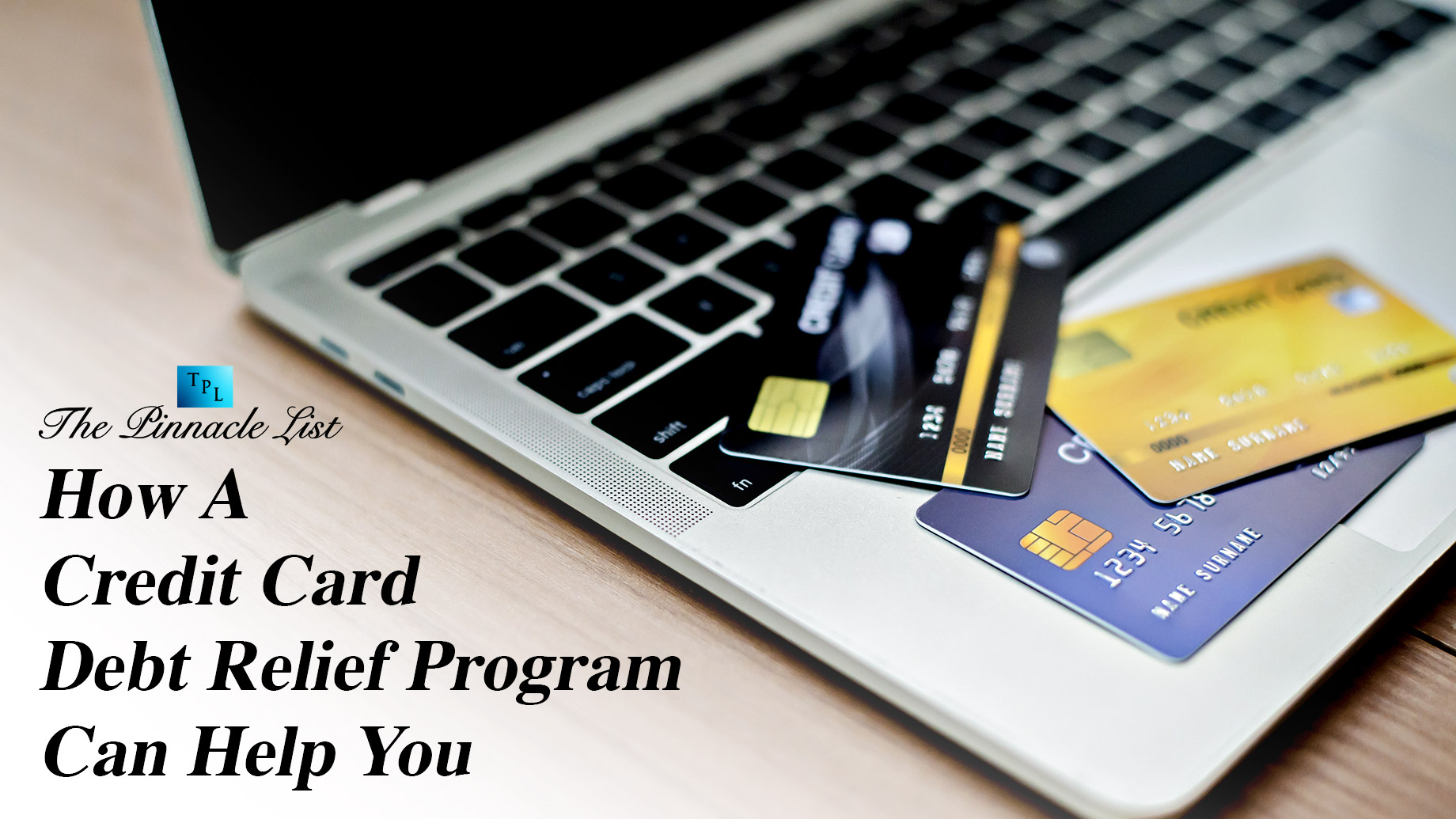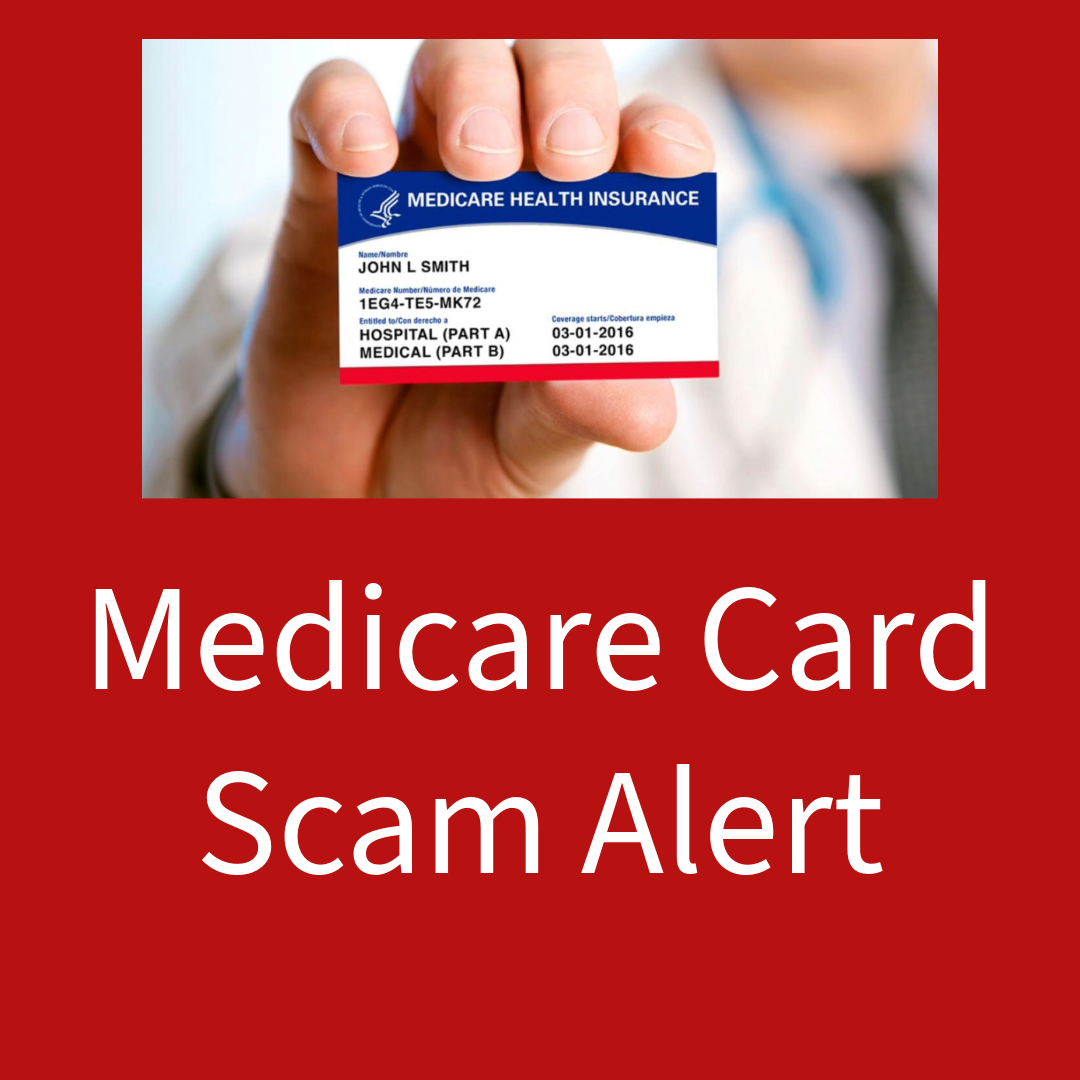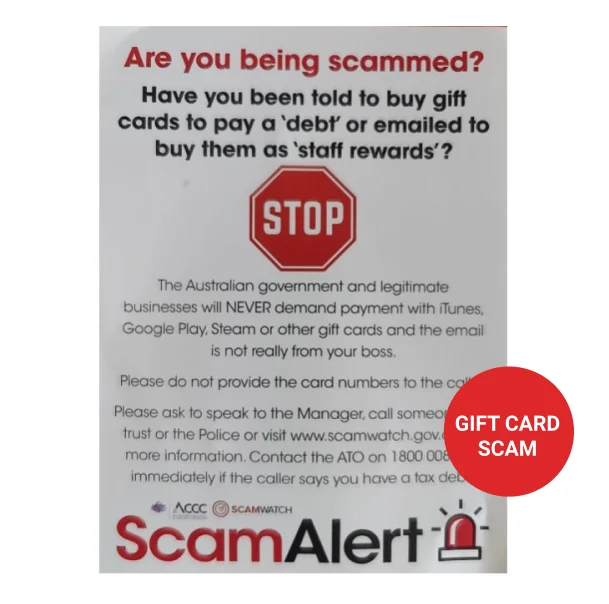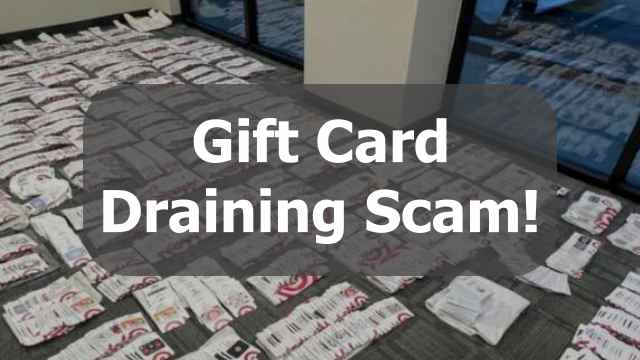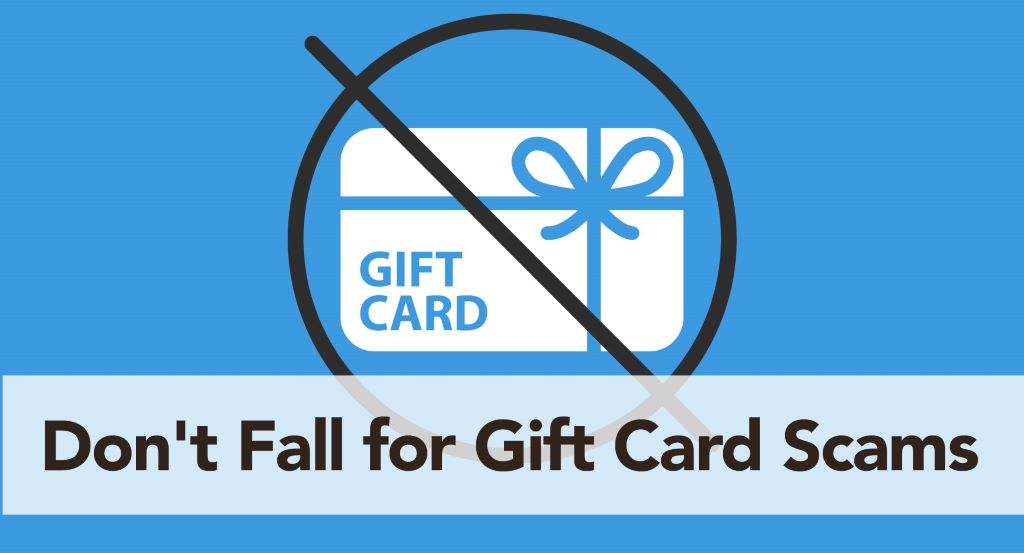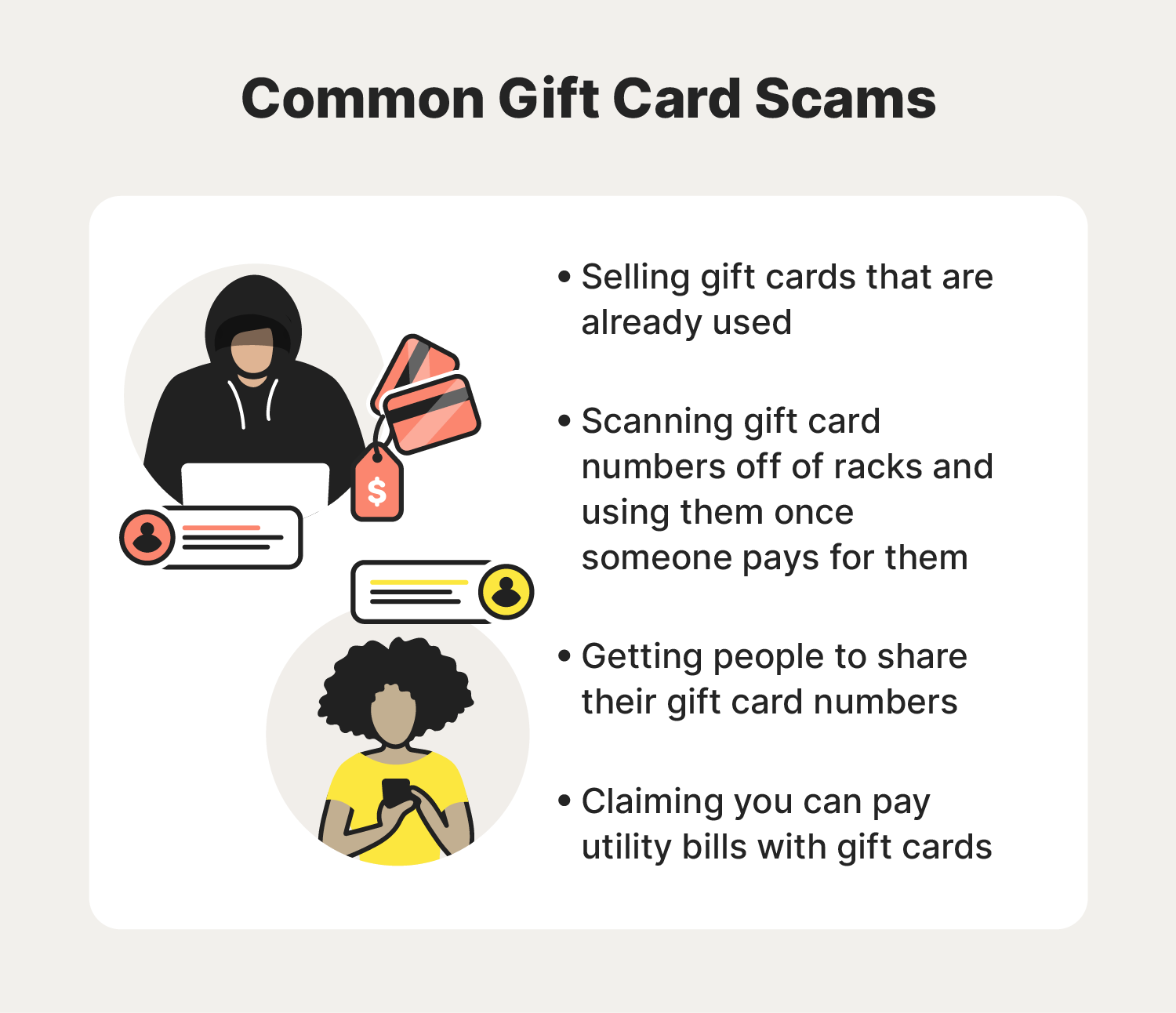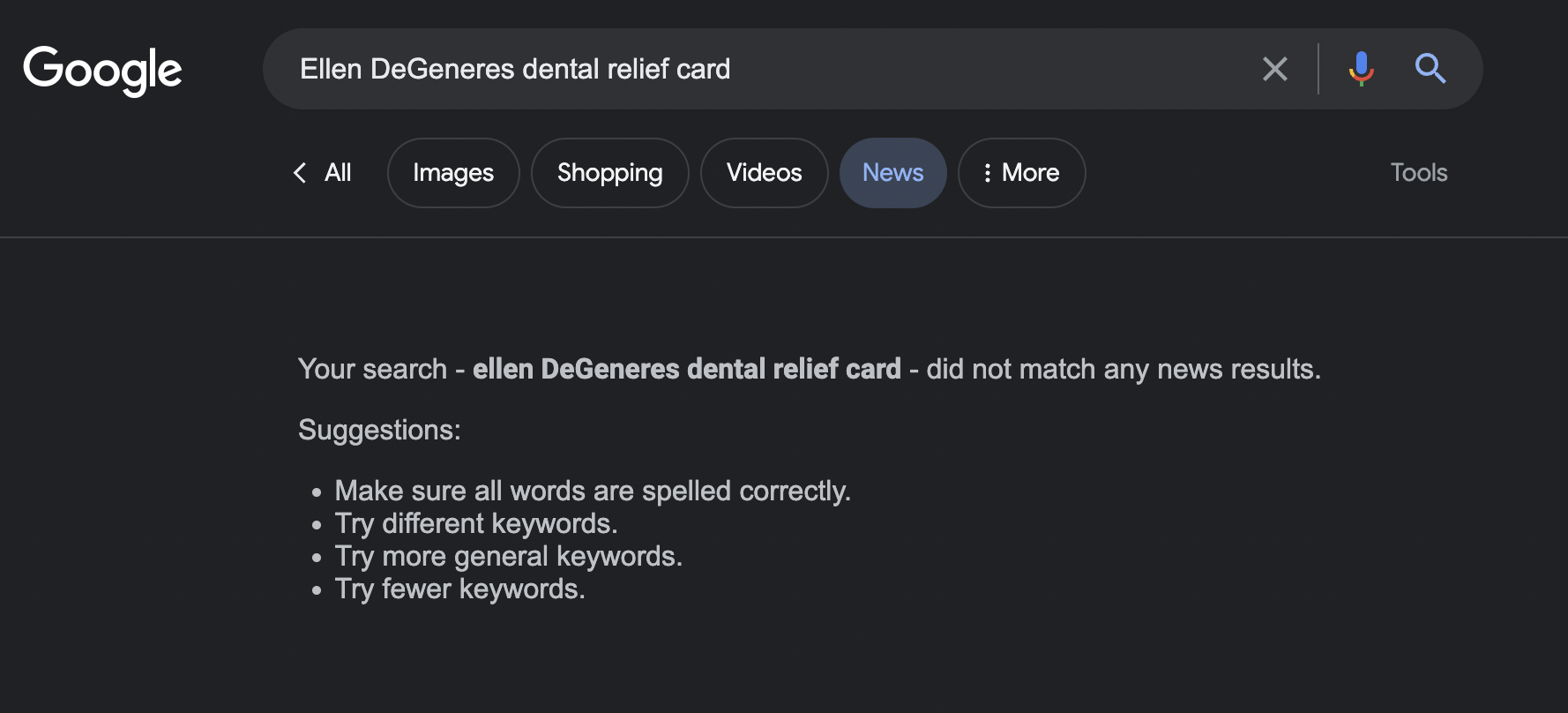$500 Relief Card Is It A Scam

Across social media platforms and email inboxes, a tantalizing offer is circulating: a $500 relief card, often branded with recognizable logos of major retailers or government agencies. The promise is simple: claim your free money and ease the burden of rising living costs. But as quickly as these offers spread, so too do warnings about potential scams, leaving countless individuals wondering if this seemingly generous gift is too good to be true.
The proliferation of these "relief card" promotions raises serious concerns about fraud and the exploitation of vulnerable individuals. This article delves into the anatomy of these offers, examining their common characteristics, the potential risks involved, and guidance from consumer protection agencies. It aims to equip readers with the knowledge needed to discern legitimate assistance programs from sophisticated scams and to safeguard themselves from falling victim to deceptive practices.
The Allure and the Warning Signs
These supposed relief cards often surface with little or no prior announcement from official channels. They are usually promoted through unsolicited emails, social media ads, or even text messages. The messages typically feature urgent language, pressuring recipients to act fast to claim their "limited-time" offer.
A common tactic involves mimicking the branding of well-known entities. You'll often see the logos of major retailers like Walmart or Target or even government agencies like the IRS superimposed onto the card or advertising materials. This creates an initial sense of trust and legitimacy, making the offer appear more credible.
However, closer inspection often reveals inconsistencies or red flags. Typos, grammatical errors, and unprofessional design elements are common indicators of a scam. Furthermore, the website addresses associated with these offers often deviate slightly from the official URLs of the companies they are impersonating.
How the Scams Work
The ultimate goal of these scams is typically to collect your personal information. Once you click on the link provided in the email or ad, you're usually directed to a website that asks you to complete a survey or application form.
These forms often request sensitive data, including your name, address, date of birth, Social Security number, and bank account details. This information can then be used for identity theft, credit card fraud, or other malicious purposes. Some scams might even install malware on your device to steal data without your knowledge.
In some cases, you may be asked to pay a small "processing fee" or shipping cost to receive the relief card. This is another red flag. Legitimate relief programs rarely require upfront payments to access benefits.
Official Warnings and Consumer Protection
Consumer protection agencies like the Federal Trade Commission (FTC) and the Better Business Bureau (BBB) have issued warnings about these types of scams. They advise consumers to be wary of unsolicited offers, especially those that promise free money or require them to provide personal information upfront.
The FTC recommends verifying the legitimacy of any offer by contacting the company or agency directly. You should also be skeptical of offers that seem too good to be true or that pressure you to act quickly. "If someone says you have to act fast, it is likely a scam," warns an FTC consumer alert.
The BBB also advises consumers to report suspected scams to their Scam Tracker. This online tool allows people to share their experiences with scams, helping others avoid falling victim to the same traps.
Distinguishing Legitimate Assistance from Scams
While many "relief card" offers are scams, legitimate assistance programs do exist. These programs are typically administered by government agencies, non-profit organizations, or reputable charities.
Legitimate programs usually have clear eligibility requirements and a formal application process. They will not ask you to pay a fee to receive benefits, and they will have a secure website with a valid SSL certificate (indicated by a padlock icon in the address bar).
To find legitimate assistance programs, start by checking the websites of your local, state, and federal government agencies. You can also search for reputable charities and non-profit organizations in your area.
What to Do If You've Been Scammed
If you suspect you've fallen victim to a "relief card" scam, take immediate action to protect yourself. Change your passwords for all your online accounts, especially your bank and email accounts. Contact your bank or credit card company to report any unauthorized transactions.
You should also file a report with the FTC at IdentityTheft.gov. This will help them track scams and take enforcement action against perpetrators. Additionally, consider placing a fraud alert on your credit report with one of the major credit bureaus.
Monitor your credit report regularly for any signs of identity theft. If you see any suspicious activity, contact the credit bureau immediately and file a police report.
The Future of Scams and Consumer Vigilance
As technology evolves, so too will the tactics used by scammers. They will continue to adapt their methods to exploit vulnerabilities and target unsuspecting individuals.
The key to protecting yourself from these scams is to stay informed and exercise caution. Be skeptical of unsolicited offers, verify the legitimacy of any claims, and never share your personal information with untrusted sources. Remember, if an offer seems too good to be true, it probably is.
Continuous education and awareness campaigns are crucial to combating these scams. By working together, consumers, law enforcement, and consumer protection agencies can create a safer online environment and protect vulnerable individuals from financial harm. The promise of a quick $500 should always be met with a healthy dose of skepticism and thorough investigation.




